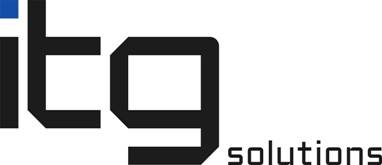
Conducting a corporate culture development session
A session to assess the type of corporate culture of the organization and the formation of its value system.
Will help you if you encounter one of the problems:
MAIN OBJECTIVES OF THE PROJECT
Conducting the session:
All key managers of the organization participate. We are completely immersed in the process for all 2 days of the session. We use the OCAI (Competing Values Model) assessment methodology, as well as the theory of spiral dynamics. The session is led by an experienced expert who has been advising companies on corporate culture issues for more than 20 years. Participants do not need to prepare specifically for the session; they will gain knowledge during the session. The format of the event is educational consulting (not a seminar or training). Designed for a large number of team interactions.
PROJECT STAGES

1
We hold an introductory meeting with the participation of the customer
2
Determining group members
3
We conduct a 2-day session taking into account the settings that were discussed with the customer
4
We prepare a report on the results of the diagnostic session and give recommendations for further actions
OUR EXPERTS

Irina Sotnikova
Co-Founder
- A.maze.S
Expert on Organizational Development
Certified consultant in Adizes methodology
Program Director and Expert in Transformational Projects

What is the external expert responsible for?
- Objectivity: The external expert has no personal biases or strong emotions associated with the company, so you can count on his objective and independent analysis.
- Rich experience and novelty of ideas: An external expert will be able to offer the company fresh ideas and share practical experience gained in working with other businesses - this increases the chances of finding new approaches and interesting solutions.
- Data privacy: The external expert creates a safe forum for open discussion and exchange of views, while ensuring the confidentiality of information.
- Professional experience: The consultant has extensive experience in the development of corporate culture, which allows him to provide the best results by helping to identify and correct problems in the culture.
- Independent view: An external expert has no interests within the company; he certainly will not hide shortcomings or strive to maintain the status quo. Therefore, you can count on his honesty and openness when assessing the situation.
- High efficiency and caring attitude: An external expert is completely immersed in issues of culture development; he does not need to be distracted by internal disputes in the company or solving operational problems.
AS A RESULT
- The report prepared upon completion of the work describes the type of corporate culture desired and also formulates the management team's decisions on subsequent changes.
IMPLEMENTATION ASSISTANCE
- The report becomes the basis for a meeting, during which we will discuss the results of the project and give recommendations on how to proceed. And we’ll tell you about what other support we can provide you with in order to achieve the company’s business goals.


CONDUCT DIAGNOSTICS OF CORPORAL CULTURE
TO ACHIEVE BUSINESS GOALS
NEED A CONSULTATION?























